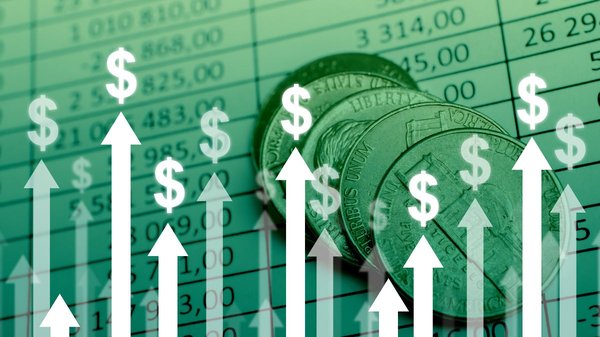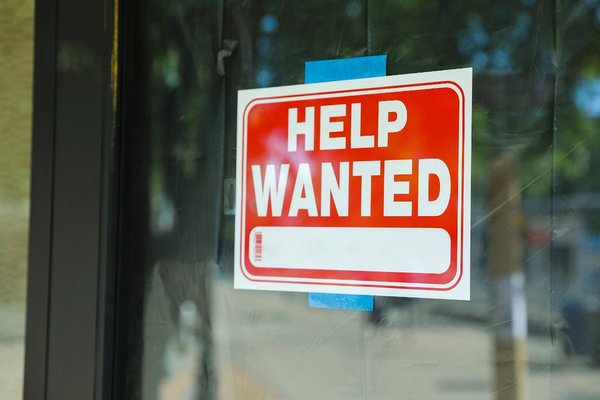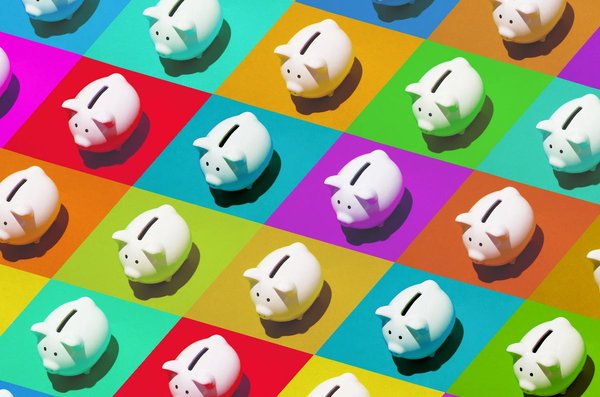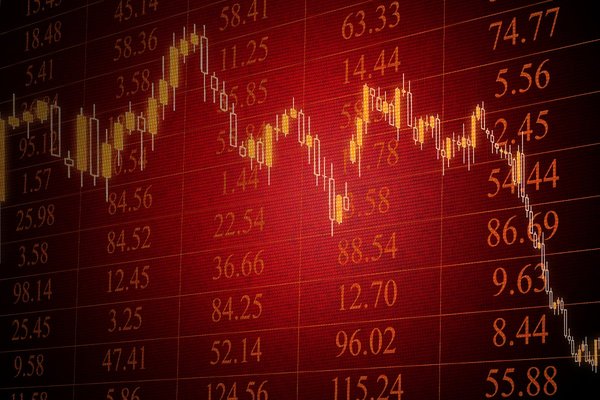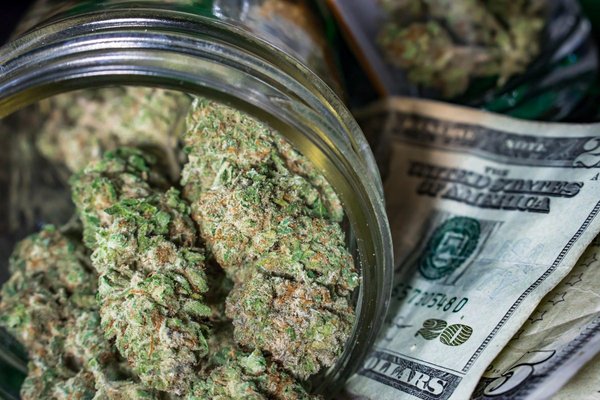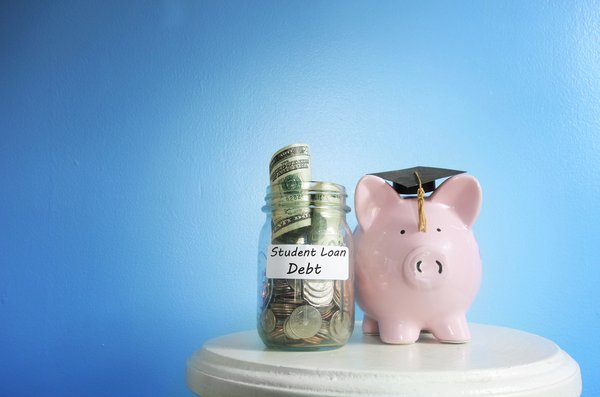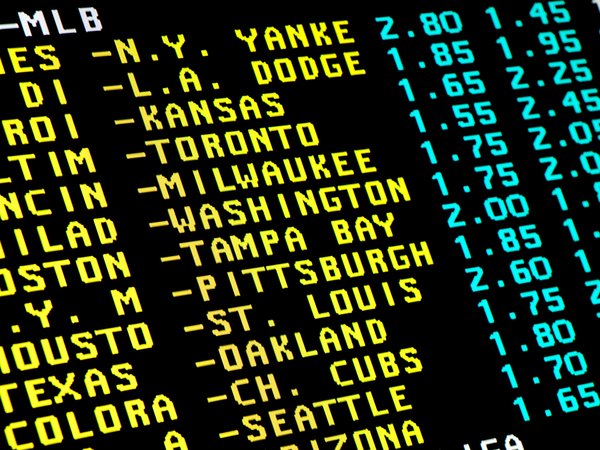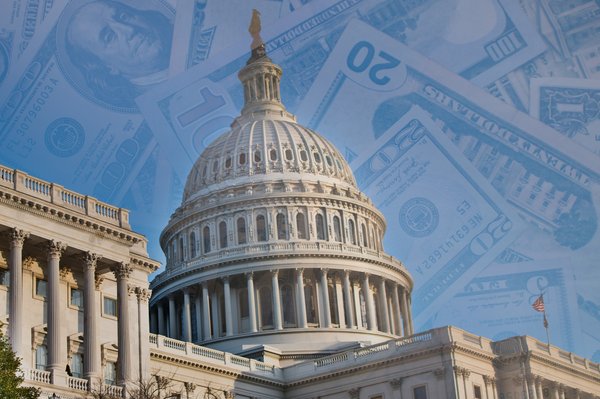Prior to late January 2021, the average investor may not have given GameStop (NYSE:GME) much thought.
But then, a bunch of Redditors on the r/wallstreetbets subreddit banded together to buy GameStop in an effort to boost its share price and squeeze out investors who had shorted the retailer's shares.
Suddenly, the market -- along with the entire internet -- exploded.
This isn't the first time we've seen a big short squeeze. But social media means people can band together to take action in the markets faster than ever. The GameStop hype spread quickly, and many people got involved.
There's nothing wrong with tactics like the short squeeze. That's fair play in the modern market. But it gets dangerous when people get involved in situations like this one without fully understanding what's going on.
The Motley Fool surveyed over 1,500 investors in the United States to find out how much they knew about the GameStop debacle, short selling, and what happened afterwards. We also wanted to see if more experienced investors behaved differently during the event.
Here's what we found.
Key findings
- Most investors were worried when GameStop shares started skyrocketing, but many were also disappointed they weren't along for the ride.
- Roughly 30% of investors don't understand short selling very well or at all.
- More than half of the investors we surveyed bought a meme stock recommended by r/wallstreetbets during the GameStop hype.
- Investors with 10+ years of experience were least likely to buy a meme stock.
- Over half of the investors who bought a meme stock wanted to make a quick buck, while just under half believed in the companies they invested in.
- Investors with 10+ years of experience were most likely to buy one of the meme stocks because they believed in the company.
- Investors with one year or less of experience were the most likely to lose money during the GameStop frenzy.
- Over 70% of respondents agreed that the big players in the stock market -- like hedge funds and brokerage platforms -- manipulated the market to their advantage during this event.
What happened with GameStop and other meme stocks?
Many people are still confused as to what went down during the GameStop frenzy. So here's a quick overview.
A bunch of savvy Redditors with investing knowledge noticed that GameStop had a lot of shares being shorted. Normally, when you buy a stock, you hope that its share price will climb. When you short a stock, you bank on the opposite -- that its share price will decline.
An investor who shorts a stock will borrow shares and return them later. If the share price drops, shares can be purchased and returned for less money, so the investor who shorts them can make a profit. But if their price goes up, that same investor is out of luck, because now, he or she has to pay more to cover those shares.
That's what happened with GameStop. (And, to a lesser degree, AMC (NYSE:AMC), Nokia (NYSE:NOK), and Blackberry (NYSE:BB).)
When Reddit users got together to start buying GameStop shares and driving the price upward, it created a short squeeze, where investors who had shorted the stock had to scramble to close out their positions as quickly as possible.
Meanwhile, several brokerages decided to restrict trading on GameStop following the frenzy, which not only angered many investors, but in some cases, had a huge financial impact.
Many investors were worried when GameStop shares went up
A lot of people were surprised to see GameStop shares soar. We wanted to know what investors were thinking when they saw GME rocketing higher.
Among our survey respondents,
- 30.69% were concerned about other investors getting hurt,
- 30.44% were bummed they didn't go along for the ride,
- 23.96% were excited to be in on the action, and
- 14.91% were confused as to what was happening.
We're glad to see that many investors were worried about the potential that other investors could see some big losses.
But 9% of people who said they bought an r/wallstreetbets recommendation didn't understand what was going on. And that's how people make costly mistakes in the market.
Interestingly, responses to this question were relatively uniform when broken down by investing experience:
| Investor experience | Concerned that lots of other people were going to be financially hurt | Disappointed to not be along for the ride | YOLO! I rode the rocketship! | Confused as to what just happened |
|---|---|---|---|---|
| 1 year or less | 21.70% | 38.42% | 21.11% | 18.77% |
| 2–5 years | 29.35% | 28.52% | 27.36% | 14.76% |
| 6–10 years | 40.68% | 23.29% | 26.71% | 9.32% |
| 10+ years | 32.72% | 32.72% | 17.90% | 16.67% |
In this case, experienced investors felt slightly better informed about what was going on -- 13% of investors with six years of experience or more were confused about what happened, but 16% of less experienced investors said the same.
Not many investors understand short selling very well
The GameStop frenzy was built around a short squeeze. And while you don't need to understand exactly how it works to make money on a short squeeze, we always encourage investors to know what they're getting into.
So we want to know: how well do investors understand short selling stocks?
Here's how all of our respondents felt about short selling:
- 27.23% understand short selling very well
- 42.83% understand it fairly well
- 22.52% don't understand short selling very well
- 7.42% don't understand it at all
When we limited the analysis to people who bought an r/wallstreetbets recommendation, we found that 80% understood short selling fairly or very well.
It's good that the people who jumped into the fray had a better idea of what was happening, but the 20% of people who bought during the hype and didn't understand short selling still worries us.
20% might not sound like a lot, but the stakes can be very high when you're making bets like this one.
Interestingly, those with 10 or more years of investing experience weren't more likely to understand short selling. Here's the percentage of each group that understands short selling pretty or very well:
- 59.53% of those with a year of investing experience or less understand short selling
- 74.30% of those with two to five years of investing experience understand short selling
- 79.81% of those with six to 10 years of investing experience understand short selling
- 63.58% of those with 10 years of investing experience or more understand short selling
Overall, investors with six or more years of experience didn't understand short selling any better than those with less experience. In fact, those with less than six years of experience were slightly more likely to say they understood short selling.
If you don't totally understand how shorting works, be sure to check out "What Does Shorting a Stock Mean?" to get the details.
Do investors think short selling should be legal?
Short selling has held different legal statuses in the United States and around the world, and there's some contention over whether it should be legal at all.
26.16% of our respondents think short selling should be illegal. Another 25.91% said they don't understand short selling enough to decide either way.
That leaves 47.82% of respondents who think short selling should stay legal.
No matter its legal status, we strongly encourage investors to know what they're getting into. If you're jumping on the bandwagon to take part in a short squeeze, make sure you understand how short selling works and why a short squeeze has the potential to result in big losses.
More than half of respondents bought an r/wallstreetbets meme stock recommendation
We've seen that investors experienced some uncertainty as to the mechanics behind the GameStop frenzy. But did that stop them from getting involved?
In short, no, it didn't.
In our survey, we asked how many people rushed to buy meme stocks following the GameStop explosion, and here's what they said:
- 31.26% bought GameStop
- 26.48% bought AMC
- 20.19% bought BlackBerry
- 17.42% bought Nokia
- 4.09% bought something else from r/wallstreetbets
Meanwhile, 43.02% didn't buy any meme stocks.
Here's how meme stock activity broke down by experience level:
| Investor experience | Bought GameStop | Bought AMC | Bought Blackberry | Bought Nokia | Bought something else | No, didn't buy |
|---|---|---|---|---|---|---|
| 1 year or less | 24.34% | 23.46% | 14.96% | 12.32% | 3.81% | 51.61% |
| 2–5 years | 34.83% | 27.03% | 20.40% | 18.24% | 4.15% | 36.82% |
| 6–10 years | 40.68% | 36.02% | 28.88% | 22.67% | 4.04% | 28.88% |
| 10+ years | 22.53% | 19.14% | 16.67% | 16.05% | 4.32% | 59.57% |
As you can see, those with the most investing experience were more hesitant to buy meme stocks.
Meme stocks -- those that are hyped up on the internet -- aren't inherently bad. But they tend to be overvalued and experience rapid growth in a short period of time. The result? Their share prices often plunge as quickly as they rise.
Investors who take advantage can make a lot of money. But if you get in or out too late, you could stand to lose a lot, too. Again, understanding what you're getting into is crucial.
Why did investors buy meme stocks?
Meme stocks, as mentioned, tend to be overhyped and risky. When we asked investors what drove them to scoop up shares, here's what they said:
- 53.97% wanted to make a quick buck
- 48.79% believe in the companies they bought
- 35.32% admit they got caught up in the hype
- 7.84% had other reasons
Here's how investor sentiment broke down by experience level:
| Investor experience | I wanted to make money quickly | I believe in the company or companies | I got caught up in the r/wallstreetbets hype | Other |
|---|---|---|---|---|
| 1 year or less | 50.30% | 44.85% | 35.15% | 10.91% |
| 2–5 years | 53.81% | 46.72% | 32.02% | 6.04% |
| 6–10 years | 55.02% | 50.22% | 41.05% | 6.55% |
| 10+ years | 57.25% | 57.24% | 35.11% | 11.45% |
At The Motley Fool, we champion long-term, buy-and-hold investing. We encourage investors to learn about the companies they're considering investing in and to only buy when they're confident that the company has a competitive long-term advantage.
Making a quick buck isn't on our list of priorities, and we strongly believe that trading with a view to maximizing your profit quickly can backfire fast.
That being said, we're happy to see that investors with more experience were more likely to buy r/wallstreetbets stocks because they believed in the companies.
Whether we agree with that assessment isn't nearly as important as encouraging people to base their investing decisions on sound principles. So we're happy to see that more than half of investors with six years or more of investing experience believed in the companies they invested in.
Most respondents made money on r/wallstreetbets stocks
A good 66.37% of those who bought meme stocks made money, while 14.22% lost money and 11.80% broke even. The remaining 7.61% aren't yet sure how they did.
Those who most commonly reported losing money by buying meme stocks were those with one year of investing experience or less.
To be clear, it's possible to profit by buying overpriced shares or banking on a short squeeze -- but it's a risky prospect.
(Note: Because we were focused on understanding how well investors understood what was going on, and not whether joining the short squeeze was a good idea, we didn't ask how much money respondents made or lost.)
Did Redditors understand what happened?
The members of r/wallstreetbets knew what they were doing when they started the GameStop frenzy -- engineering a short squeeze requires a good amount of market knowledge.
But what came next was unexpected. Many brokerages restricted trading on some of those meme stocks. GameStop was especially volatile, which means lots of investors had to watch their brokerage balances jump up and down without being able to do anything about it.
And our respondents weren't very happy about it.
- 58.05% of our respondents think that brokerages restricted trading so they could manipulate the market, instead of as a way of preventing brokerages from collapsing.
- Similarly, 72.52% agree that the big guys -- like hedge funds and brokerage platforms -- manipulated the market to their advantage.
- Only 27.48% of our survey respondents felt that those Redditors didn't understand the rules of the game and that hedge funds and brokerages were behaving just fine.
The fallout from these trading restrictions is still being sorted out. But it's clear that investors aren't putting much faith in hedge funds and brokerages.
We aren't here to pass judgment on how hedge funds or brokerages did their jobs. But lots of people losing faith in the system and being suspicious of other participants in the market is concerning. This is a trend that we'll keep an eye on going into the future.
An important lesson learned
It's amazing how a single subreddit caused such an uproar in the stock market -- and caused so many investors to make or lose a substantial sum of money overnight.
What can the average investor learn from this?
First, that shorting stocks is risky. Betting that a company will increasingly lose value means potentially losing money. Only investors who understand the ins and outs of shorting stocks should dabble in it.
Next, chasing meme stocks isn't a great idea, either. A lot of the people who made money on GameStop had it in their portfolios before its share price began to soar. But specifically going after meme stocks generally means chasing volatile companies whose share prices may be inflated beyond what they're actually worth.
While many ordinary investors emerged from the GameStop frenzy richer or unscathed, a lot of people also got hurt.
A better approach to investing is to seek out quality stocks that offer a lot of value and have strong long-term growth potential. Buying and holding these stocks for years is a safer way to make money in the market, even if it's less exciting than chasing meme stocks and watching them rise and fall.
Methodology
The Motley Fool distributed this survey via Pollfish to 1,509 American adults who buy and sell stocks on February 11, 2020.
Respondents were 46% female and 54% male. Age breakdown was approximately 15% 18–24, 23% 25–34, 35% 35–44, 13% 45–54, and 13% over 54.
Some percentages may not total to 100% due to rounding.
Maurie Backman has no position in any of the stocks mentioned. The Motley Fool recommends BlackBerry. The Motley Fool has a disclosure policy.











